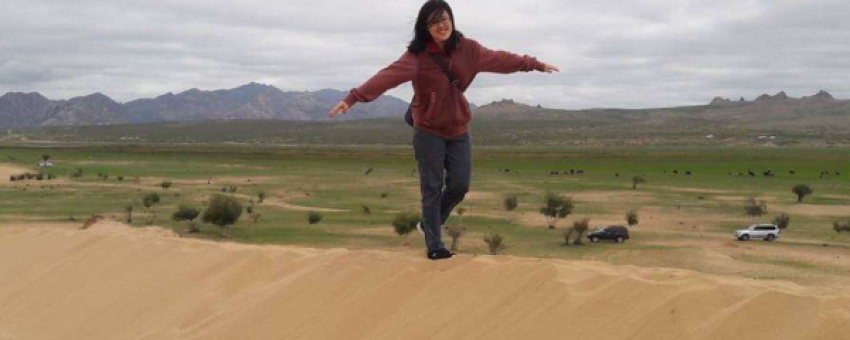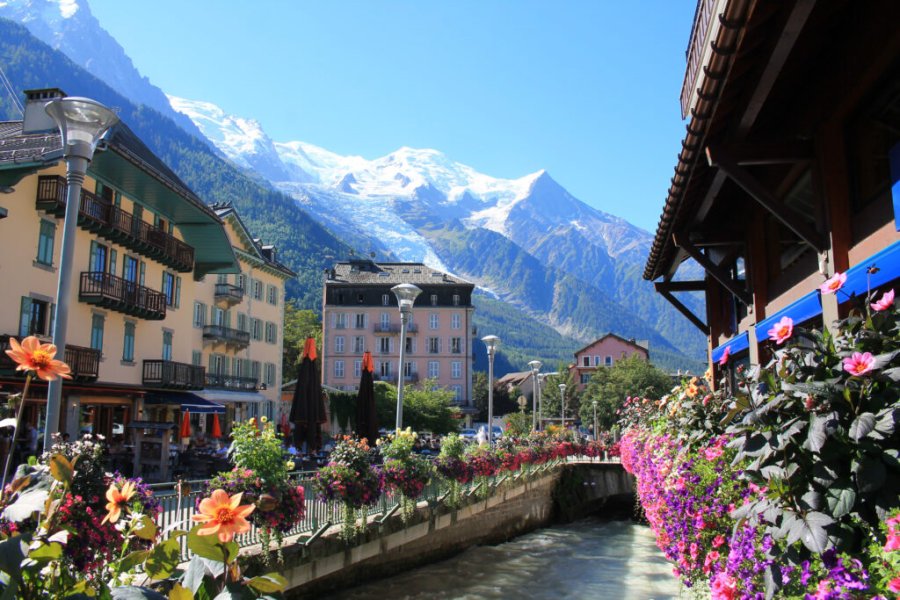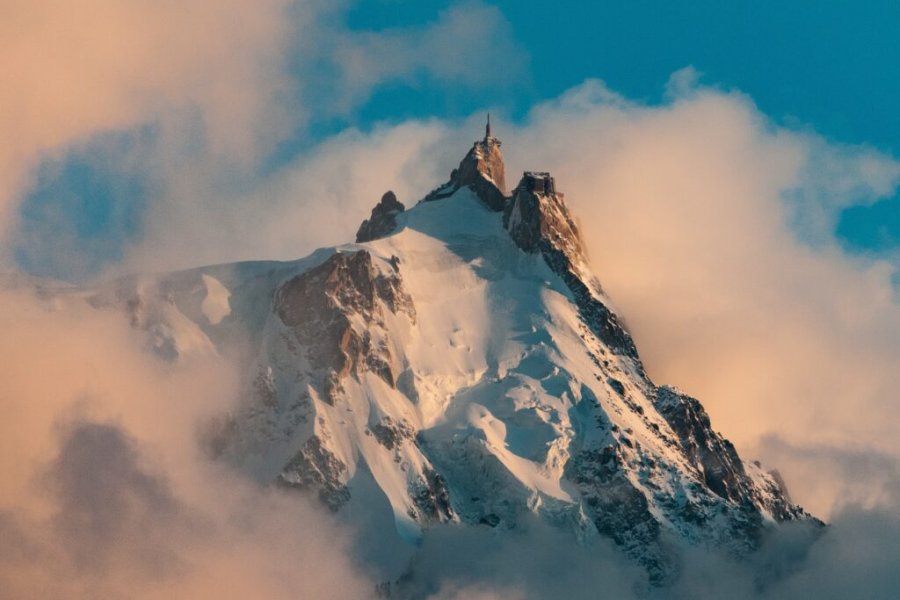Trekking and hiking
Highlights of the trip
During your stay you can enjoy the following highlights: Culture / Heritage, Faune and flora, Discovery, Adventure / Sports & Leisure, Nature travel.
Best months to go
The best time(s) to go is/are : Janvier, Février, Mars, Avril, Mai, Juin, Juillet, Août, Septembre, Octobre, Novembre, Décembre.
You can go all year round.
How to get there?
You can get there by , Car, Tourism bus.
IDRE TOUR
From 1550€ à 2920€ / person
Travel suitable for :
Detail of the stay : Trekking and hiking - 17 days
Welcome to Mongolia
Oulan-Bator - Tsagaan Suvarga
Departure to Tsagaan Suvarga, the rock formations of Tsagaan Suvarga nicknamed the white stupa, this cliff measuring about 60m high and extending over 400m long.
Hike to the foot in the steppe.
Tsagaan Suvarga - Yoliin am
Departure to the Yoliin am, protected area. Canyon of Yol that you will now go to the largest national park in Mongolia, the Park of Gurvan Saikhan, "of the Three Beauties". You will discover the local fauna and flora during the visit of the park museum where live snow leopards, ibex (Gobi ibex), argali (wild sheep) and bearded vultures.
3h walk in the canyon of Yoliin am.
Yoliin Am - Fertilizer lake
The Düngenee canyon is located in the southwest of the Züün Saikhan mountain. The Düngenee area consists of a pass and a beautiful valley with a canyon, not far from the Yol valley. This canyon is located at the bottom of a rocky cavity along which could a 12 km long stream.
Under the ten
Fertilizer - Khongoriin els
Road to the dunes of Khongor, passing by the superb landscapes of Mont de Trois Belles. High of more than 200 meters, wide of 12 km and extending on 100 km.
To Khongori els
Stay in Khongoriin els
Walk and excursion in the dunes, enjoy riding camels.
Khongoriin els - Bayanzag
On the way to the Bayanzag cliff, along the "cliffs of fire", where many dinosaur fossils were discovered during the 20th century, including the first dinosaur eggs, during an American expedition led by Roy Chapman in 1922.
Walking tour
Bayanzag - Onguii
En route to the ruins of the monastery of Onguii located on both sides of the river from which it took the name. Built in 1760 and was a victim of the communist purge of 1937. This monastery was restored in 2002. A small museum exhibiting carved stones rescued from the destruction of the monastery, several objects of worship.
Walking tour.
Onguii - the village Uyanga/ Shuranga/
Shuranga Rock, 28 m long, located 100 km northwest of Arvaikheer, on the territory of the village of Uyanga, the Shuranga River
Shuranga - Shireet Lake
The Eight Lakes Park is at an average altitude of 2,400 m and is located in a mountainous area with alpine-type meadows. The lakes are surrounded by forests of conifers, pines and Siberian larches and thus form a wonderful wooded steppe landscape. This is a region of extinct volcanoes that was formed as a result of volcanic eruptions. This has left a very green landscape hindered by ancient lava flows and black volcanic rock.
The largest lake is Shireet covering an area of about 10km², 3.4km long, 1.2km wide and 16m deep.
Under the tent
Shireet Lake - Khuis Lake
Le lac Khuis - Buurug
The hike towards the Buureg valley. We cross the valley on foot to reach the tourist camp Buurug
Buurug - the fall of Ulaan
Departure to Orkhon valley and Ulaan waterfalls. The river flows from 16 meters high before calmly resuming its route through the steppe, created as a result of volcanic eruptions.
The waterfall - the hot spring
Drive to Tsenkher hot spring on the way visit Tovkhon Monastery, in the larch forests, walk up to the monastery, whose location was chosen by Zanabazar. The first pontiff of the Mongolian Lamaic Church at the end of the 17th century, and creator of the Mongolian alphabet Soyombo.
The hot spring - Kharkhorin
On the way to Kharkhorin the ancient capital of the Mongolian Empire, and visit the monastery of Erdene Zuu. This monastery is the first monastery of Mongolia, its first construction dates from 1585 and 3 of its 62 temples, as well as the surrounding wall and its stupas, were destroyed during the communist purge of 1939. The monastery has now become an active place of worship again, after years of forbidden operation.
Walk and visit the museum
Kharkhorin - Terelj Park
Gorkhi-Terelj National Park is located in the north central part of Mongolia. The national park covers an area of 2,920 square kilometers, which lies at an average altitude of 1,600 meters. The national park also offers cultural and historical experiences with the Ariyabal meditation temple which was built between 1998 and 2004. The design follows the shape of an elephant with the staircase 108 leading to the temple representing the elephant's trunk.
Terelj Park - Ulaanbaatar
Departure to Ulaanbaatar. On the way visit the equestrian statue of Genghis Khan was built in 2008, on the occasion of the eight hundredth anniversary of the creation of the Mongolian empire, and in honor of its founder, Genghis Khan. This giant stainless steel statue of 250 tons and 40 meters high, the highest statue in the world representing a man on horseback, is located at the place of Tsonjin Boldog.










